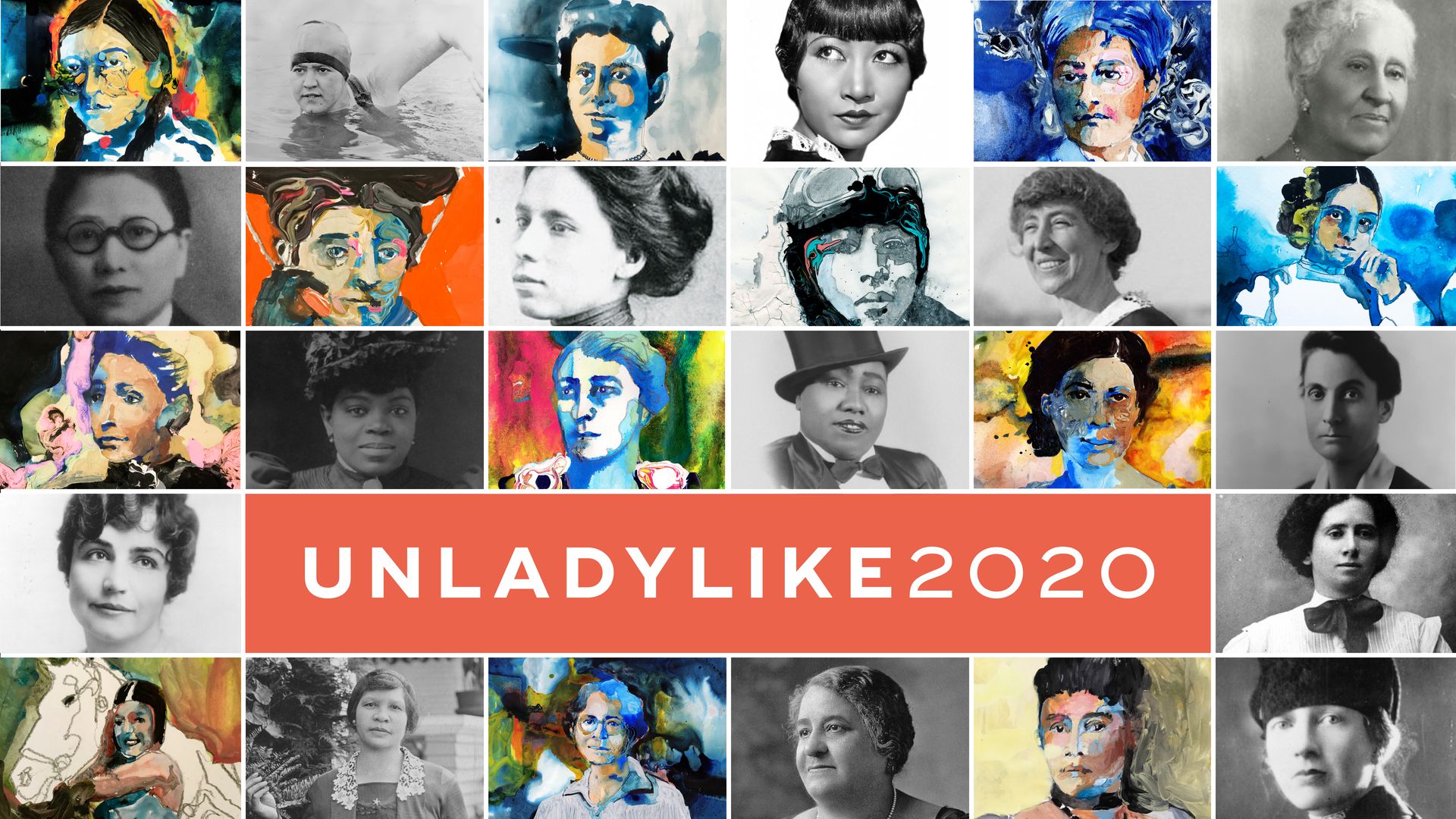Lois Weber
Year: 2020
Country: USA
Director: Charlotte Mangin, Sandra Rattley
Genre: documentary
Runtime: 10 min.
Age: 12+
Country: USA
Director: Charlotte Mangin, Sandra Rattley
Genre: documentary
Runtime: 10 min.
Age: 12+
Actor, Screenwriter & First Woman to Direct a Feature-Length Film / 1879-1939
Lois Weber was born on June 13, 1989, in Allegheny City, Pennsylvania, to a middle-class Christian family of German descent. As a young woman, Weber volunteered with the Church Army, an evangelical and social justice organization, ministering to prostitutes and prisoners and people living in poverty.
Weber began her career in entertainment touring the U.S. as a singer and concert pianist, and in 1904, joined a theater company in New York. In 1908, Weber was hired to act in short silent films by American Gaumont, the U.S. branch of one of the premier French motion picture companies, run by silent film pioneers Herbert Blaché and Alice Guy Blaché. Under their mentorship, Weber went on to write and direct her own films at the studio.
During her theater career, Weber met her first husband, fellow actor Phillips Smalley, and together they became a leading filmmaking team. Engaged in what was then known as a companionate marriage, the couple moved out to Hollywood in 1912 to work for Universal Films Studio, where they wrote, acted, and co-directed a short film every week. When Universal City was incorporated the following year, Weber ran for public office on an all-female ticket, and was elected its first mayor.
During her theater career, Weber met her first husband, fellow actor Phillips Smalley, and together they became a leading filmmaking team. Engaged in what was then known as a companionate marriage, the couple moved out to Hollywood in 1912 to work for Universal Films Studio, where they wrote, acted, and co-directed a short film every week. When Universal City was incorporated the following year, Weber ran for public office on an all-female ticket, and was elected its first mayor.
In 1914, Weber became the first American woman to direct a full-length feature film with her adaptation of Shakespeare’s The Merchant of Venice. In 1917, Weber became one of the first women to own her own film studio, and was involved with each aspect of her films — from writing, to set design, directing, and editing. She became the first and only female member of the Motion Pictures Directors Association, a forerunner to the Directors Guild of America, and the only female of the 250 founding members of the Academy of Motion Picture Arts and Sciences.
Weber’s films were infused with the conviction that film could change culture and reach diverse audiences with messages of social justice. She tackled controversial subject matters, radical for the time, such as capital punishment, police violence, abortion, birth control, and poverty. Some of her films were box-office hits, others were censored or banned. Her 1915 film Hypocrites was both — banned in Chicago, Minneapolis and the state of Ohio due to the nudity it contained, it also sold out theaters across the country, and broke records for the highest-grossing film in Los Angeles, Detroit and New Orleans.
Weber’s films were infused with the conviction that film could change culture and reach diverse audiences with messages of social justice. She tackled controversial subject matters, radical for the time, such as capital punishment, police violence, abortion, birth control, and poverty. Some of her films were box-office hits, others were censored or banned. Her 1915 film Hypocrites was both — banned in Chicago, Minneapolis and the state of Ohio due to the nudity it contained, it also sold out theaters across the country, and broke records for the highest-grossing film in Los Angeles, Detroit and New Orleans.
Weber directed over 135 films in her lifetime, only a fraction of which remain; many of them have either been lost, or have disintegrated and become impossible to watch. Weber’s remaining films are scattered in archives around the world, but a few have recently been restored.
Throughout her career, Weber was a mentor and advocate for women in the film industry, and by the end of her life, she was more well known as a talent scout than as a filmmaker, having helped many actresses reach stardom. Later in life, Weber also became involved in the visual education movement to use films in schools and teaching. She died on November 13, 1939, at the age of 60, and was honored with a star on the Hollywood Walk of Fame in 1960.

